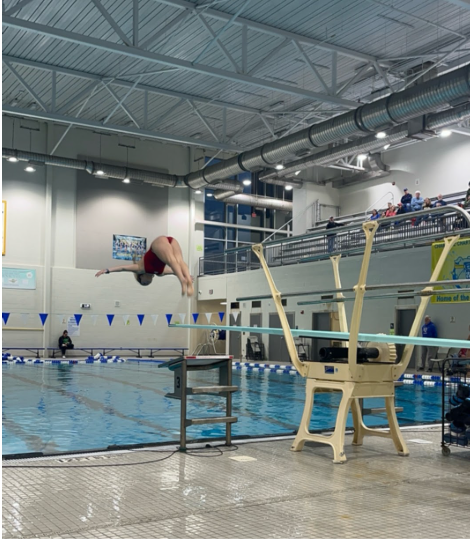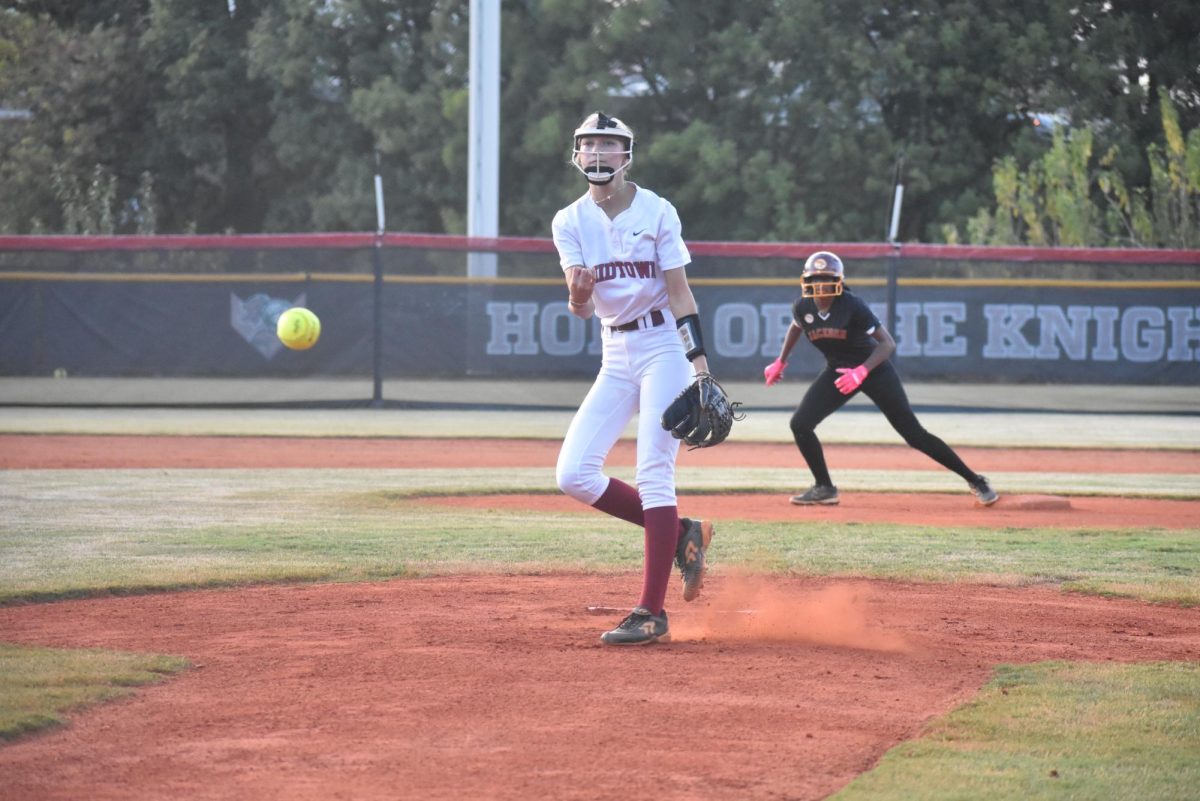
Steroids. Doping. Suspensions. These are all words that have been associated with Major League Baseball in the wake of its most recent steroid scandal with the Biogenesis of America rejuvenation clinic. One word that hasn’t been tossed around? Courage.
When I say courage, I mean the lack of courage on the part of the Commissioner of Baseball, Bud Selig hasn’t shown any of it. Selig has tolerated violation after violation, dutifully doling out suspension after suspension, hoping that eventually, his players will wise up, get some integrity and suddenly stop taking performance-enhancing drugs, or PEDs. It has become obvious, however, that until a player’s first steroid abuse offense is made punishable with a lifetime ban, the reward of higher salaries and fame will continue to outweigh the risks of using PEDs .
The current culture of steroid and PED abuse has permeated the MLB for as long as I can remember, and even before then. Rumors of all-time greats like Babe Ruth, Mickey Mantle and Willie Mays using greenies (amphetamines) to get that extra “edge” in competition have surfaced, and many other former players have admitted to steroids as well.
In fact, up until 2004, the MLB did not even have a steroid policy even though the Olympic Committee added anabloic steroids to its banned substance list as early as 1975. What is even more troubling is that the policy was only made due to another steroid scandal, the BALCO investigation of the mid-2000s.
BALCO, the Bay Area Laboratory Co-operative, was a company that allegedly supplied several MLB players, namely Jason Giambi and Barry Bonds, with PEDs. Despite the evidence against them, and Giambi’s own admission, neither player was suspended.
Also, in a 2003 MLB survey, 103 of 1,200 players, or about 8.5 percent of players, tested positive for PEDs, with no suspensions issued. Needless to say, the MLB has long turned a blind eye to the transgressions of its athletes.
New York Yankees third baseman Alex Rodriguez is a perfect example of the need for first offense lifetime bans and courage in leadership. Rodriguez, despite previous adamant declarations that he had never touched PEDs, admitted to using PEDs between 2001 and 2003, and has been reportedly linked to the Biogenesis clinic which supplied PEDs to MLB players during the 2012 year.
Despite Rodriguez’s past ties to PEDs, Selig treated the star with leniency, allowing him to continue to play while he appeals his pending 211-game suspension. And although 211 games sounds like a lofty suspension, the punishment would only keep Rodriguez off the field until 2015.
Many fans wonder when, if ever, PED abuse will end in the MLB and the integrity and honor of the game once known as “America’s pastime” will return. I say the time is now.
The time is now for the MLB, and Commissioner Selig especially, to treat those who use PEDs like what they are: cheaters. These players hide behind excuses and, in cases like Rodriguez’s, bold-faced lies. At the same time, they sully what the game stands for everytime they step on the field. These cheaters set a poor example for the millions of youth in America who play baseball.
I understand that the lure of PEDs can be overwhelming for players, especially when the potential benefits include huge salaries (Rodriguez is currently the highest paid player in baseball at $27.5 million a year) and bigger fame. Despite those possibilities, the MLB needs to show not only its players, but also all athletes and fans around the world, that cheating is never worth the risk.
I believe the MLB can do this by making examples of the individuals involved in the Biogenesis scandal and imposing lifetime bans on any and all players who make the mistake of trying to cheat the game they claim to love.






